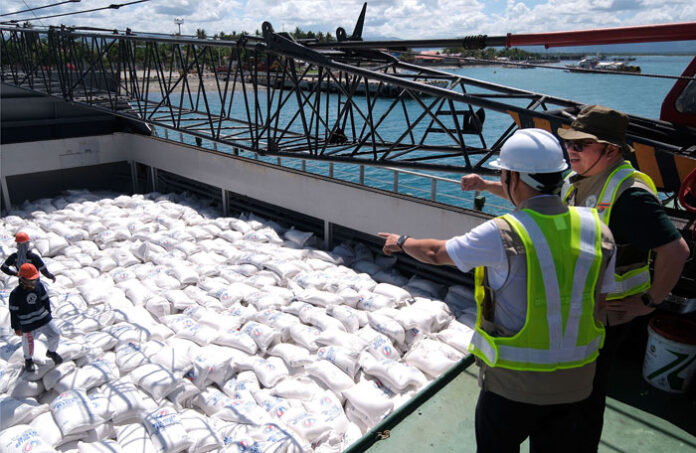“The truth is far more radical—Herbosa has been rescuing our future while we weren’t looking”
MANILA’S halls of power are buzzing with whispers:
Has Health Secretary Teodoro Herbosa abandoned Filipinos for Geneva’s glittering stages? The truth is far more radical—he’s been rescuing our future while we weren’t looking.
In a nation where political short-termism thrives, Herbosa is playing a high-stakes game of 4D chess, securing billions in global funding and elevating the Philippines’ influence in the World Health Organization.
His critics, fixated on overcrowded clinics and his frequent international trips, miss the forest for the trees.
The real scandal isn’t Herbosa’s ambition—it’s that we risk sabotaging a visionary leader whose global wins are quietly laying the foundation for a transformed healthcare system.
Let’s start with the accusations.
Critics—lawmakers, sectoral groups, even health advocates like Dr. Tony Leachon—call Herbosa out for his “lavish” delegations to Geneva, pointing to the size and cost of his entourage at the 78th World Health Assembly.
They argue he’s chasing international clout while hospitals overflow and rural clinics beg for staff.
It’s a compelling narrative, especially in a country where healthcare access feels like a daily gamble for millions. But this is where the paradox kicks in:
Herbosa’s global gambits are not a betrayal of local needs—they’re the key to solving them.
Take his historic election as WHA president, a first for any Filipino.
Yes, the Geneva trip raised eyebrows, but it wasn’t a joyride—it was a masterstroke.
That seat at the WHO’s table gives the Philippines a voice in shaping a $31 billion global health budget, amplifying our ability to secure resources for a healthcare system battered by decades of underfunding.
Or consider the $425 million he’s brought home: a $25 million grant from the Pandemic Fund to rebuild public health post-COVID, and a $400 million World Bank loan to expand primary care and upgrade hospitals.
This is the largest health-sector haul in a decade. Why are we vilifying the man who delivered it?
Then there’s the human impact.
In remote barangays, tuberculosis patients—often written off as collateral damage—now have access to $150,000 worth of life-saving medications, thanks to Herbosa’s deal with the Stop TB Global Partnership. Overseas Filipino Worker nurses, long exploited by predatory recruitment, are now championed by Herbosa’s ethical migration model, earning praise from the International Organization for Migration’s Director General Amy Pope, who called him a “true champion of migrant health.”
These aren’t abstract wins; they’re lifelines for the vulnerable, proof that Herbosa’s global hustle translates into real lives saved.
Yet, the critics persist, and their myopia is a silent crisis.
While they fume over delegation sizes, Herbosa’s Green Climate Fund deal is quietly shielding 12 typhoon-prone hospitals from the next superstorm—a move that won’t make headlines until disaster strikes.
His partnerships with the UAE for digital health tech signal a future where rural clinics could finally leapfrog into the 21st century.
But systemic reform takes years, not months. Should we punish Herbosa for the sins of a healthcare system neglected long before he took office?
The old guard’s discomfort is telling.
Of course they resent him—he’s disrupting their complacency.
Past controversies, like his 2021 “community pantry” tweet, are dragged up to paint him as insensitive, but Herbosa apologized and moved on, proving his focus with results.
The PhilHealth fund mismanagement and expired vaccine scandals?
Those predate his tenure or stem from systemic issues he’s working to fix, not create.
To crucify him for these is to mistake the firefighter for the arsonist.
Five years from now, we’ll either lament losing Herbosa’s international clout or celebrate how his deals rebuilt our hospitals.
The choice isn’t Herbosa versus local needs—it’s stagnation versus a leader who’s proven he can win the resources we desperately lack.
His closing WHA address said it best: “Multilateralism is the thread that binds our shared aspirations into collective resolve.”
That’s not rhetoric; it’s a blueprint.
Will we sabotage our own future by sidelining him, or will we trust the architect of a health revolution that’s already begun?
The clock is ticking, and the stakes couldn’t be higher.







